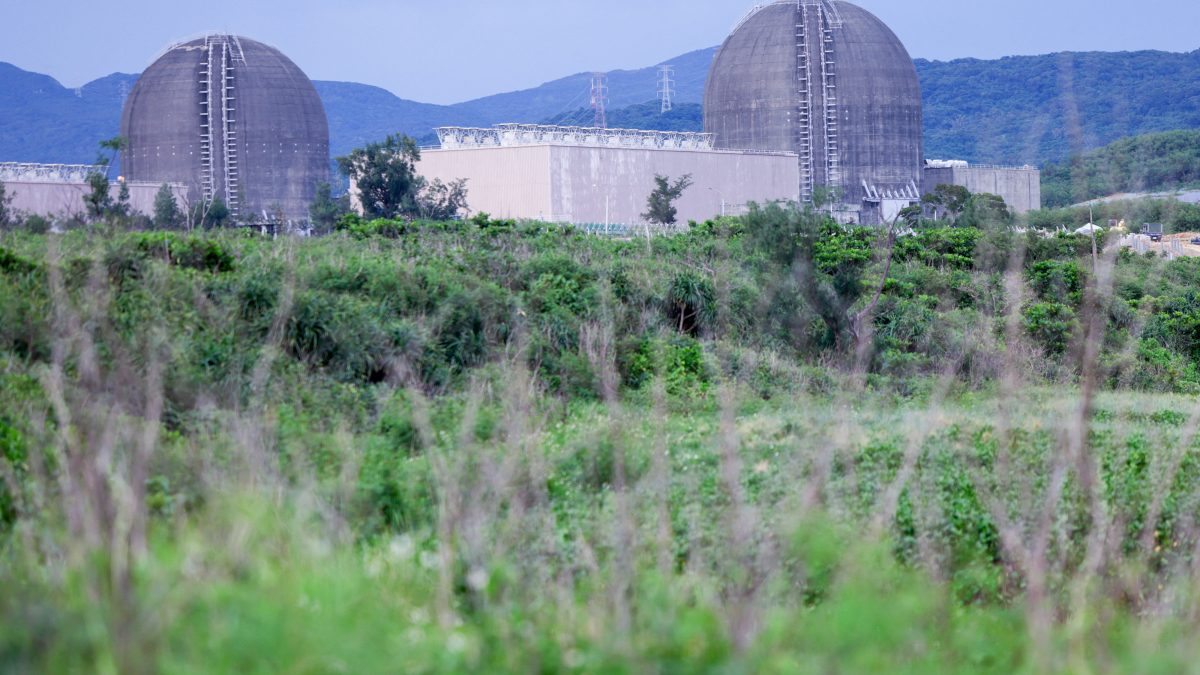A referendum to reopen Taiwan’s last remaining nuclear plant failed to meet the legal threshold on Saturday, though the president stated that the island may return to the technology in the future if safety standards improved.
The opposition-backed plebiscite asked if the Maanshan power facility should be reopened if there were no “confirmed” safety issues. The plant was shut down in May as the government transitioned to renewable energy and liquefied natural gas.
The small Taiwan People’s Party (TPP) requested the referendum earlier this year, and with the support of the much bigger Kuomintang (KMT), the legislation for the vote was passed, arguing that Taiwan requires reliable electricity sources and should not be so dependant on imports.
Around 4.3 million people voted in favour of the plant’s re-opening in the referendum, a clear majority over the 1.5 million who voted against, figures from the Central Election Commission showed.
But the motion needed the backing of one quarter of all registered electors - around 5 million people - to get through under electoral law, meaning the plant on Taiwan’s southern tip will not re-open.
Taiwan’s government says there are major safety concerns around generating nuclear power in earthquake-prone Taiwan and handling nuclear waste.
Taiwan President Lai Ching-te told reporters on Saturday evening that while the referendum had failed, he understood “society’s expectations for diverse energy options”.
Impact Shorts
More Shorts“If in the future, the technology becomes safer, nuclear waste is reduced, and societal acceptance increases, we will not rule out advanced nuclear energy,” he added.
In a separate vote on Saturday, electors rejected the recall of seven KMT lawmakers.
A larger recall vote, to try and oust 24 lawmakers from the same party, also failed last month.
Civic groups who had run the recall campaigns, with the backing of Taiwan’s ruling Democratic Progressive Party (DPP), accused the lawmakers of being too close to China and intentionally trying to snarl government spending and legislation, charges the legislators strongly denied.
Lai said Premier Cho Jung-tai had asked many times to resign after the failure of the recall votes in July, but he had asked Cho to stay on.
There will be a cabinet reshuffle to make the team more efficient and governance more effective, Lai added.
The two opposition parties together form a majority in parliament, though the DPP controls the presidency and hence the government in Taiwan’s system.
)